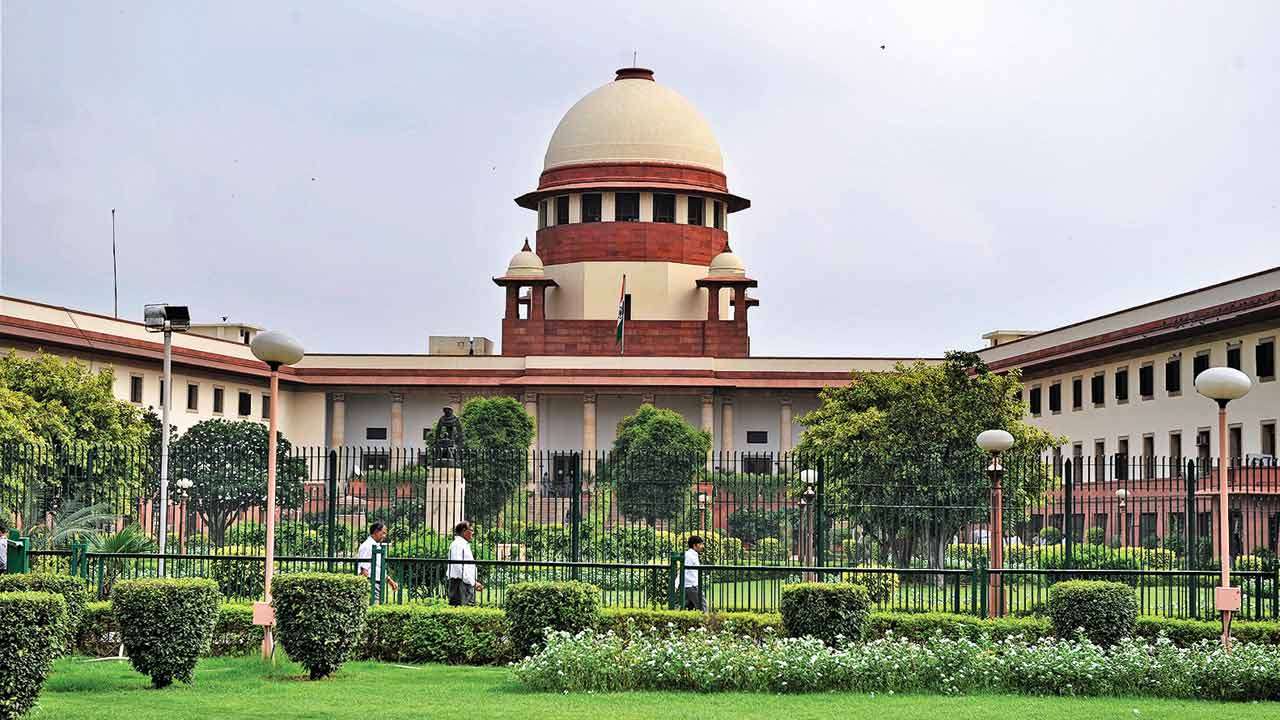The Supreme Court observed that even though the servant or

The Supreme Court observed that even though the servant or caretaker are in the possession of the property for a long time, they can never acquire an interest in the property.
Himalaya Vintrade Pvt. Ltd. v. MD. Zahid and Anr.
A Bench comprising of Justice Ajay Rastogi and Justice Abhay S Oka were hearing an appeal.
In this case, the appellant had entered into an agreement with the owner to buy the property. After a formal deed of conveyance, a sale deed was executed and the appellant’s right of ownership over the subject property became absolute.
It was contended that the respondent was employed as a caretaker of the property by the earlier owner and was allowed to reside in that property.
The respondent moved a suit seeking a declaration that he is the lawful occupier as caretaker/ servant of the sole owner of the property. He had also sought permanent injunction to restrain the appellant from disturbing or evicting the peaceful possession of the plaintiff otherwise than by the due course of law.
The appellant approached the Apex Court assailing the order passed by Trial Court and confirmed by the High Court on the application filed at his instance under Order VII Rule 11, Civil Procedure Code, 1908.
“Caretaker/Servant can never acquire interest in the property irrespective of his long possession and the caretaker/servant has to give possession forthwith on demand.” the court said.
The Supreme Court rejected the respondent’s plea of adverse possession, observing that material particulars were not given and that the plaint did not disclose the cause of action for instituting the suit.
“Since we have rejected the plaint in reference to the proceeding initiated, we direct the respondent no.1-plaintiff to handover, vacant and peaceful possession of the subject property in question free from all encumbrances within three months.” the court said.





